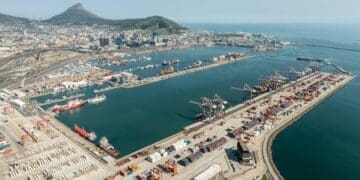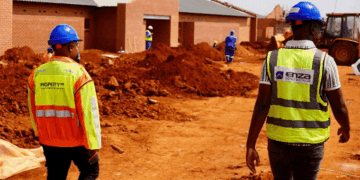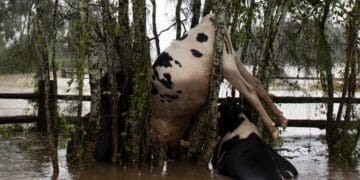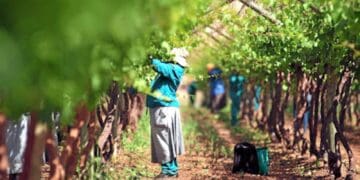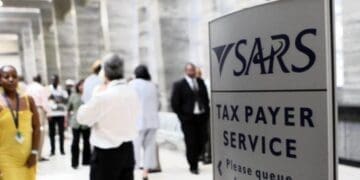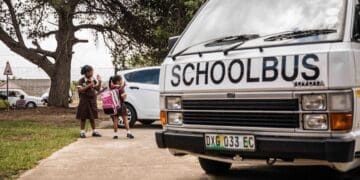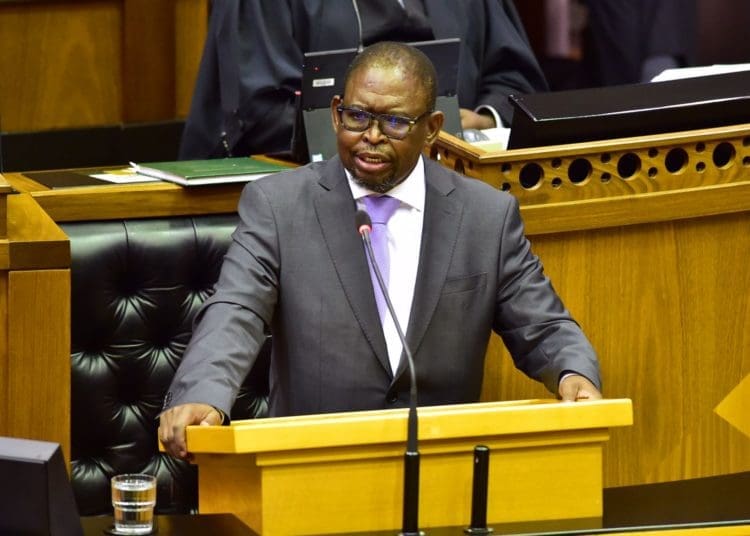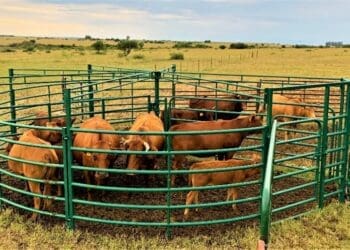A package of five main reforms to create a conducive environment for economic growth, which includes a focus on small businesses, have been announced by Finance Minister Enoch Godongwana. While delivering his maiden Medium-Term Budget Policy Statement, the minister said that the state had to remove the regulatory burden on SMMEs and cooperatives.
“In this regard, we will investigate different forms of support for township, inner-city and rural enterprises,” Godongwana said. “I must make the point that particularly in urban areas such as the Bantustans we’ve got a lot of factory space that was created… we need to make sure that we create investments… to ensure that those areas survive.”
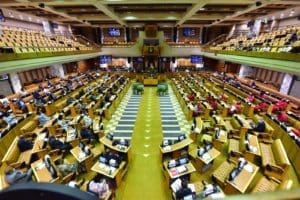 While reducing red tape to make it easier for SMMEs to do business has long been a concern for small businesses, the news that the state is looking at new options is likely to be welcomed, despite the years of delays. The minister also announced that the state was looking into new measures to help small businesses. Hundreds of them had to shut their doors, leaving many people without work due to the various lockdown stages. SMMEs employ the bulk of South Africa’s workforce.
While reducing red tape to make it easier for SMMEs to do business has long been a concern for small businesses, the news that the state is looking at new options is likely to be welcomed, despite the years of delays. The minister also announced that the state was looking into new measures to help small businesses. Hundreds of them had to shut their doors, leaving many people without work due to the various lockdown stages. SMMEs employ the bulk of South Africa’s workforce.
Early last year the government introduced its Loan Guarantee Scheme, which enabled commercial banks to support firms in distress as a result of the Covid-19 pandemic. But this programme has come to an end. “In its place, we are considering new small business support measures to enable affected businesses to bounce back. This we will do by providing expanded funding options, broadening the types of financial institutions which can provide this funding to include DFI’s (development finance institutions) and non-banks,” he said.
“We are working closely with the South African Reserve Bank, the Banking Association of South Africa and other stakeholders to finalise this proposal. Further details will be announced shortly.”
Godongwana said the government had also provided an additional R48.9 billion in fiscal support due to the pandemic and the civil unrest in July, which saw small and large businesses across Gauteng and KwaZulu-Natal being looted and destroyed. “This includes R37.9 billion in direct fiscal support. We are now making an additional R11 billion available to the South African Special Risk Insurance Association to enable them to continue settling legitimate claims from businesses damaged during the unrest,” he said.
The five areas that the government has decided to focus on to ignite growth are:
- The immediate task of ensuring a stable energy supply, reducing the risk of load shedding and accelerating the transition to renewable energy sources.
- Continuing to focus on improving the efficiency of South Africa’s logistics infrastructure to support export growth.
- A speedy resolution to the issues blocking the release of the high-demand spectrum and making affordable data available to firms and households.
- Boosting tourism and attracting skills. The now completed e-Visa system will be rolled out to 15 countries by March 2022.
- And the water sector where the Department of Water and Sanitation is fast-tracking its application process to ensure that the 90-day target for issuing single-use water licenses will be implemented by March 2022 to help improve the ease of doing business.
Godongwana reiterated that for many of South Africa’s investment projects to work, public/private partnerships were key, and a greater social compact was essential to ensure economic and job growth as well as reducing poverty and inequality. He concluded that this medium-term policy statement was a call to action.







